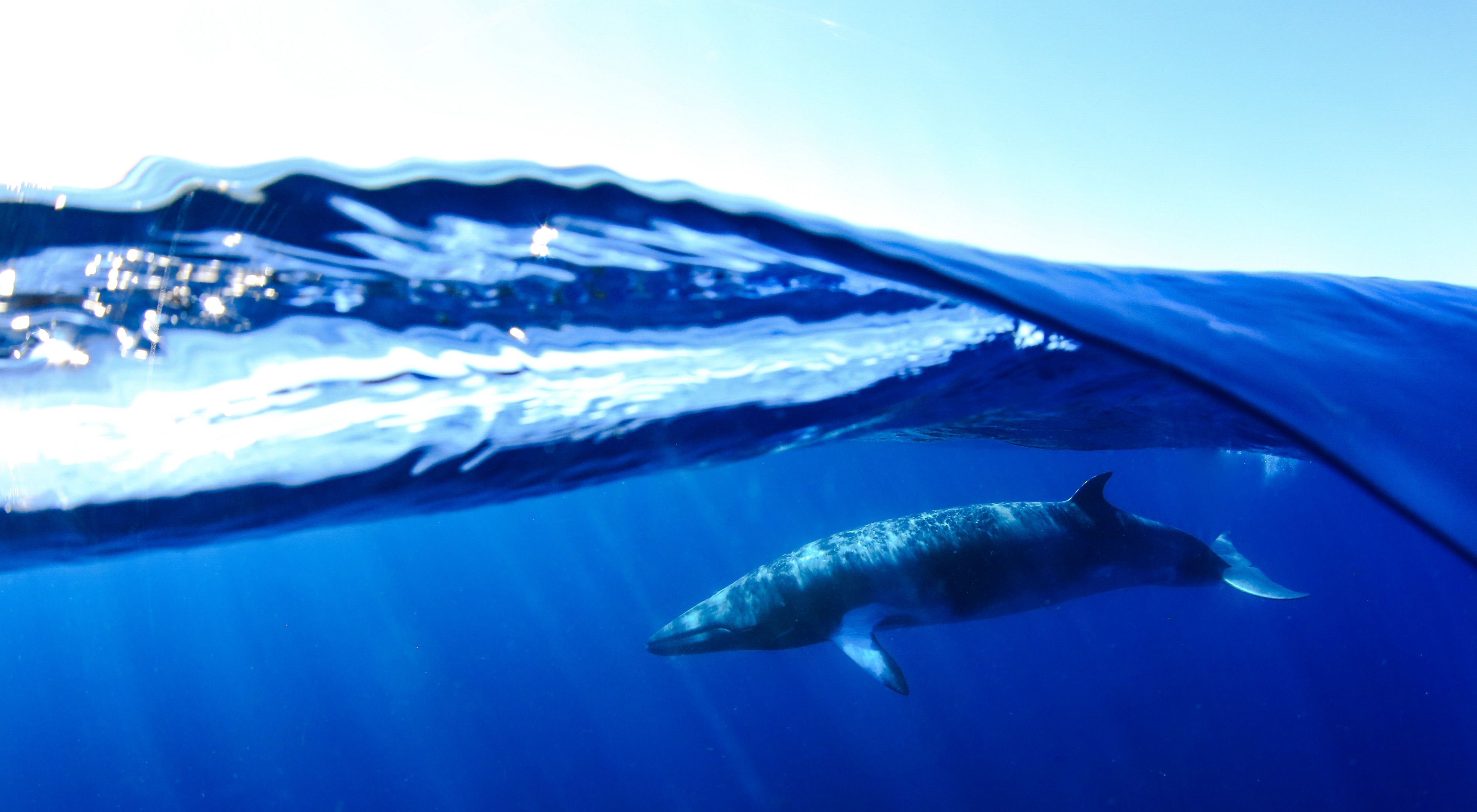Protecting the ocean that supports our lives, and livelihoods
TNC calls for urgent climate change solutions and revolutionary changes to ocean protection.
Media Contacts
-
Tony Jupp
Associate Director of Communications
Email: tjupp@tnc.org
Today, the United Nations’ Intergovernmental Panel on Climate Change (IPCC) published its Special Report on the Ocean and Cryosphere. This report examines changes in our oceans that impact sustainable development and emphasize that inaction on climate mitigation and ocean and cryosphere protection will have disastrous consequences for people and nature.
Just as last year’s Special Report on Global Warming of 1.5°C galvanized unprecedented attention around climate breakdown, this IPCC report makes clear the urgent need to revolutionize and scale-up our current approaches to ocean and cryosphere protection. This report also highlights some of the potential solutions to help our oceans, which include mobilizing action for clean energy, helping vulnerable communities to become more resilient, investing in nature-based infrastructure like mangroves and coral reefs, and finding ways to improve governance.
Through our science, innovation and local-to-global partnerships, The Nature Conservancy (TNC) is working to deliver solutions that boost ocean health, such as:
- Leveraging the world of finance to create investment products that value nature’s assets;
- Investing in sustainable aquaculture and fisheries;
- Scaling-up the protection and restoration of coral and shellfish reefs, mangroves, and watersheds;
- Reducing human impacts in coastal waters;
- Empowering local and indigenous communities, and;
- Developing and supporting policies to increase protection and restoration of marine and coastal ecosystems, including a robust treaty for the High Seas.
Commenting from Virginia, USA in response to the IPCC’s findings, Dr Elizabeth McLeod – contributor to this special report and Global Reefs System Lead at TNC – said: “The release of today’s report reinforces the urgency of the climate crisis. We have a clear choice: continue to imperil our most vulnerable communities and stand by as our food and water security are threatened; or take ambitious action now to boost the health of our ocean and cryosphere, and protect both people and nature.”
TNC Australia’s Director of Conservation and expert in marine protected areas, Dr James Fitzsimons, commented from Melbourne: “We believe that nature is the investment of our lifetime. The ocean and cryosphere provide oxygen and fresh water, regulate weather patterns and help protect us from the worst effects of climate change. Yet, as greenhouse gas emissions rise, the ocean is taking a direct hit – from warmer ocean temperatures that cause mass bleaching and mortality of corals, to fish migrations that negatively impact our global fisheries, to melting polar ice caps contributing to rising sea levels that devastate coastal communities around the world – the time for change is here.”
“What we need is the rapid deployment and scaling-up of the most effective solutions to mitigate climate change and support adaptation. It is imperative that we all become leaders of, and advocates for, climate action. Global leaders, policymakers, corporations and communities from every corner of the Earth must adopt solutions that we know will work. We need to unite as global citizens to speak-up for our oceans, our cryosphere, and our planet,” concluded Fitzsimons.
The Nature Conservancy is a global conservation organisation dedicated to conserving the lands and waters on which all life depends. Guided by science, we focus on getting things done efficiently and with the greatest positive impact for conservation. We’re a trusted organisation working in more than 70 countries and territories around the world on innovative solutions to our world’s toughest challenges so that nature and people can thrive together. To learn more about The Nature Conservancy in Australia, follow us on Facebook.
